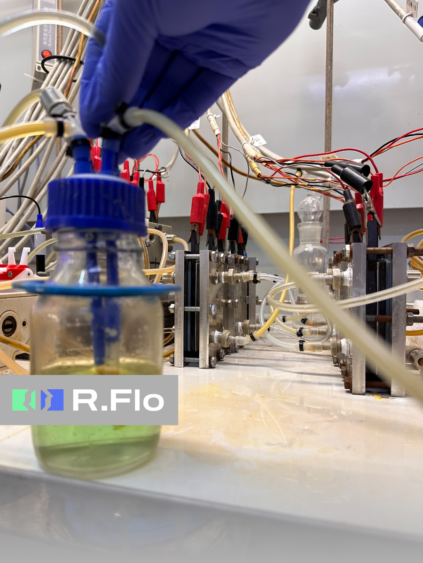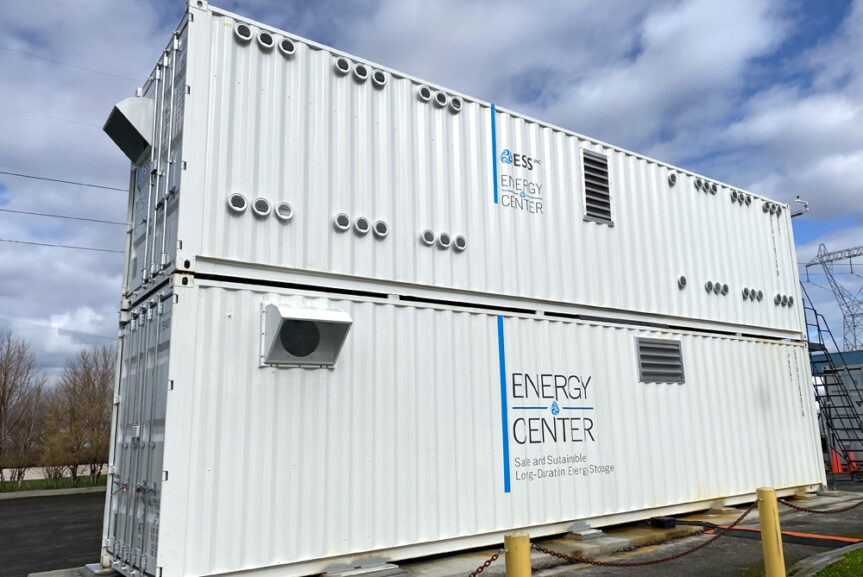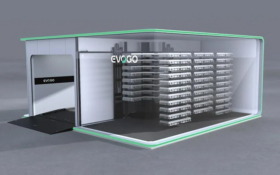Ukrainian energy start-up R.Flo has won funding from the UK government for its iron flow battery prototype project. The award was made under the InnovateUkraine competition with the support of the British embassy in Kyiv for a 12.5kW/75kWh prototype battery.
R.Flo is part of a consortium consisting of Ukrainian energy company KNESS and UK renewable energy company dpSun.
Andrii Bondar, CEO of R.Flo, told BEST the prototype will be connected to a rooftop PV system at a real estate company in Vinnytsia near the capital, Kyiv. He said R.Flo has three patents pending (PCT/UA2023/000016, PCT/UA2023/000017, PCT/UA2023/000022) for its battery technology with the PCT office, and two more to submit.
This is R.Flo’s first big project, he added, and the biggest battery it can produce at present. It has plans for a 125kW/1500kWh battery with up to 20 hours’ capacity and capex of around €190 ($206)/kWh for six hours’ duration. It runs off direct current.
Yaroslav Kolosovskyi, head of technology at R.Flo, wrote on the company’s LinkedIn page the company rejected the idea of working with vanadium flow batteries since they are already quite well distributed in the world, and the prices of raw materials for electrolytes are too high and speculative for wide distribution of this technology.
“The main component of our electrolytes is iron salts, the second most common metal in nature. The advantage of iron compared to the rest of the metal coatings in hybrid flow batteries is its low tendency to form dendrites, which allows working at high values of the current density and provides a high capacity of the negative electrode. Also, the electrolyte is safe, non-toxic and cheap.”
The war in Ukraine means every business there is looking to secure 24/7 reliable energy, Bondar said. “Ukrainian businesses nowadays are not calculating the levelised cost of storage for the batteries. They calculate the risks of not doing business.” Being PV rooftop mounted means the battery does not need to connect to a transmission grid.
Bondar declined to specify the size of the award, but said it is enough to cover part of the costs. KNESS is a shareholder in R.Flo, with under 25% of the shares.
His company heard about the project by UK Innovate last summer. One of the main points, he said, is to have a consortium with a British company. They teamed up with dpSun, which had already done some projects with UK Innovate, and it acts as a project manager.












